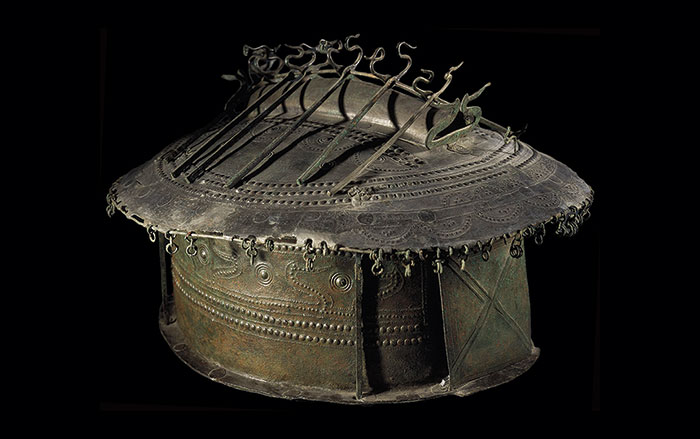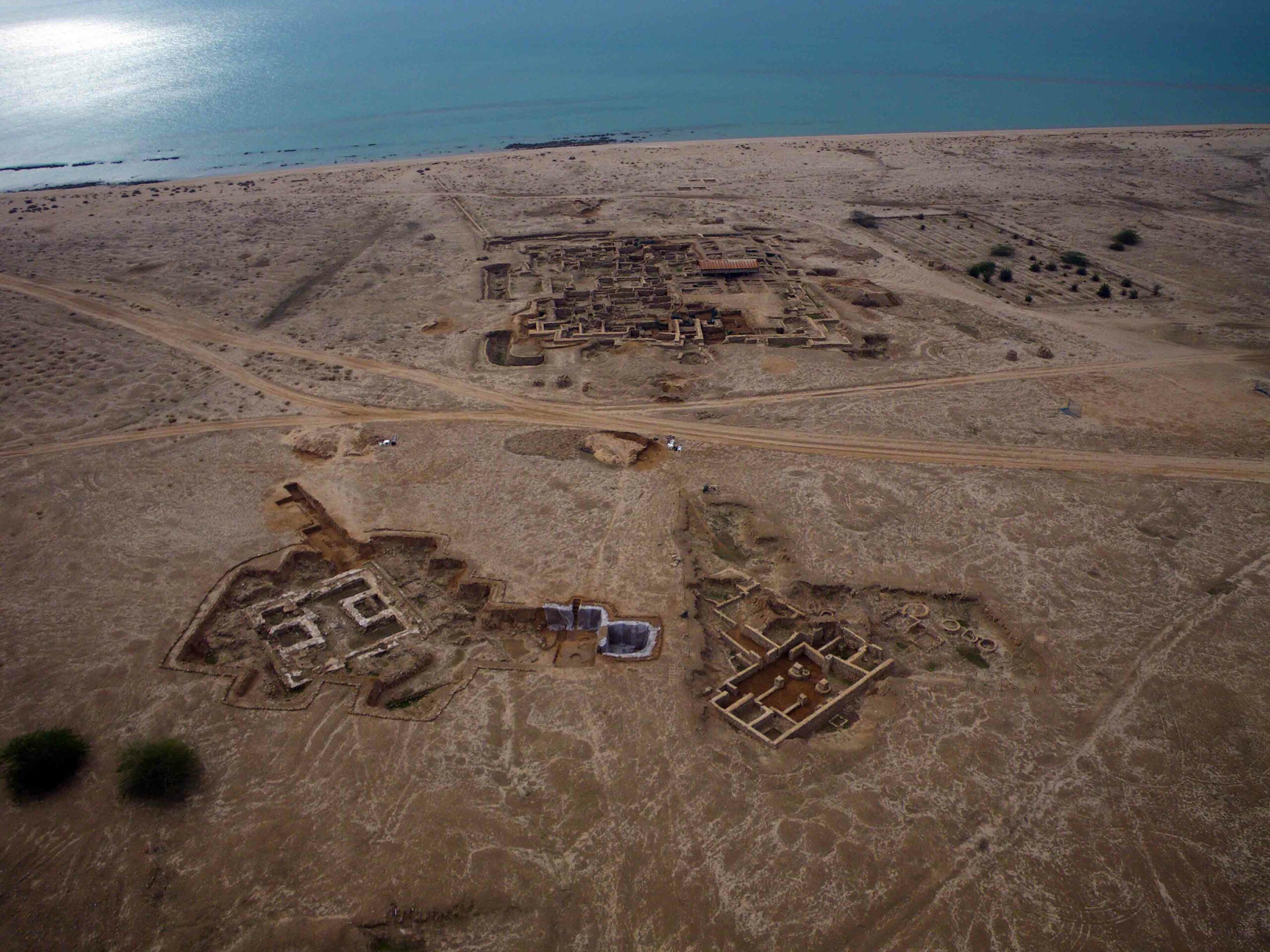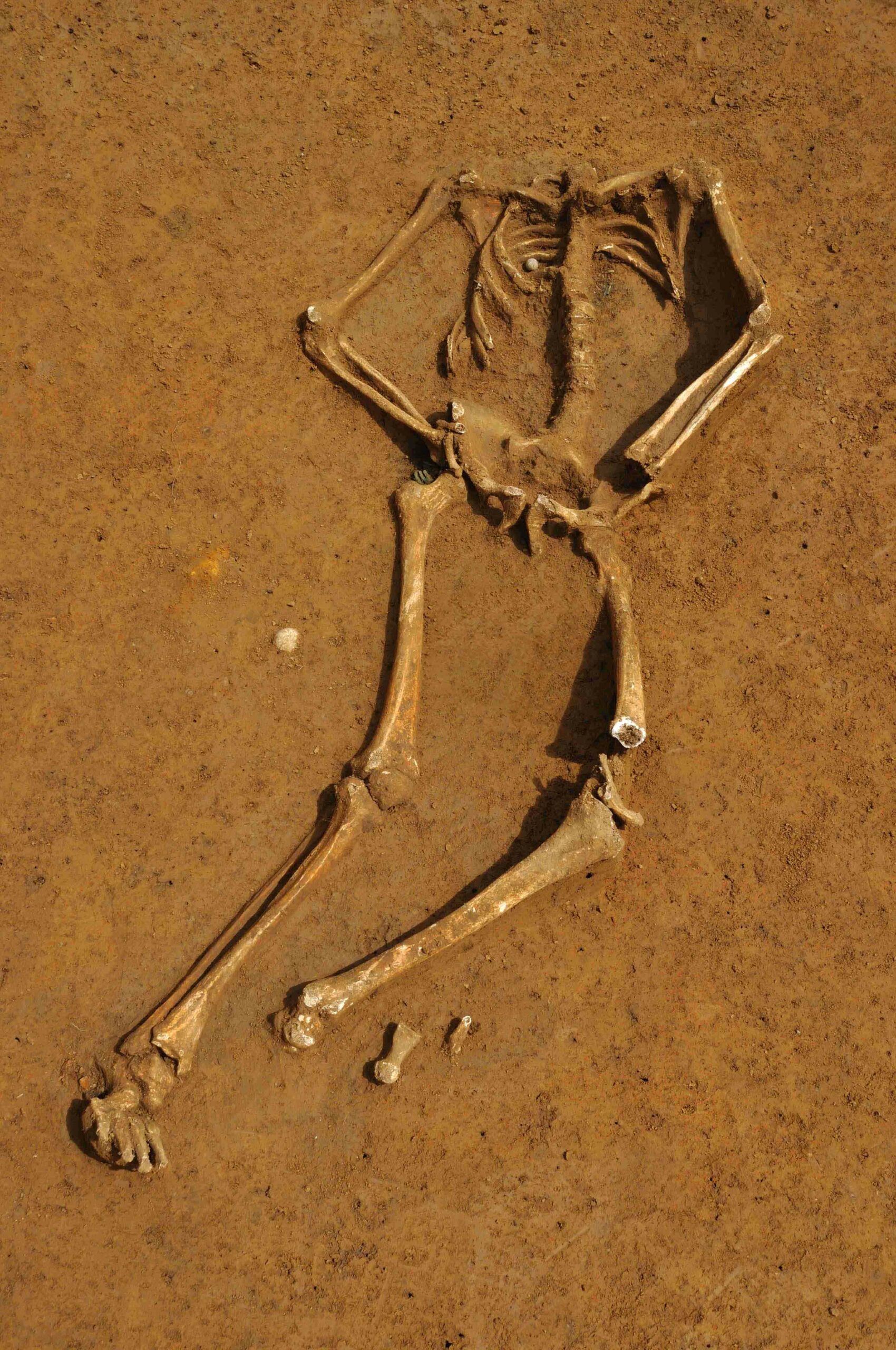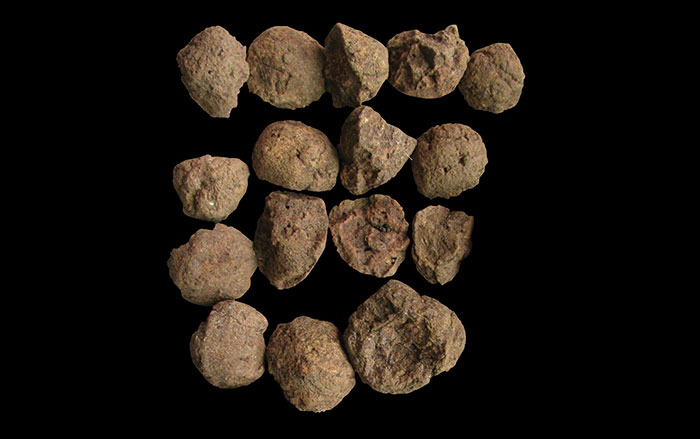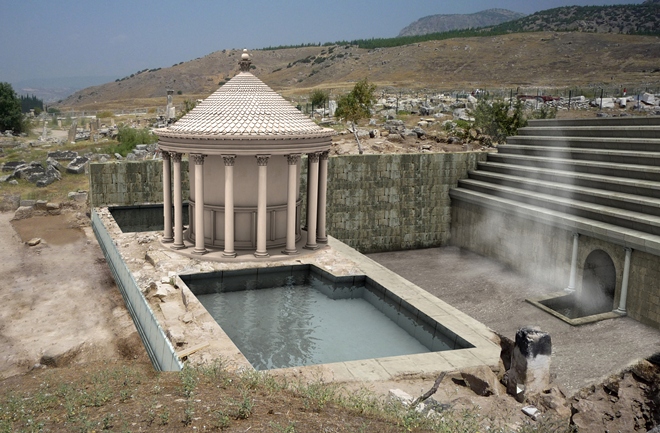
ISTANBUL, TURKEY—Francesco D’Andria of the University of Salento announced that he has unearthed the structures of Pluto’s Gate, known as the portal to the underworld in Greco-Roman tradition, at the World Heritage site of Hierapolis in southwest Turkey. The remains of a temple, a pool, and a series of steps above a cave that emits poisonous gases were found, in addition to an inscription with a dedication to Pluto, ruler of the underworld, and Kore, or Persephone, whom he abducted. Before Hierapolis became a Roman city, the Plutonium’s cave was used in local religious rites by the eunuchs of the goddess Cybele.





